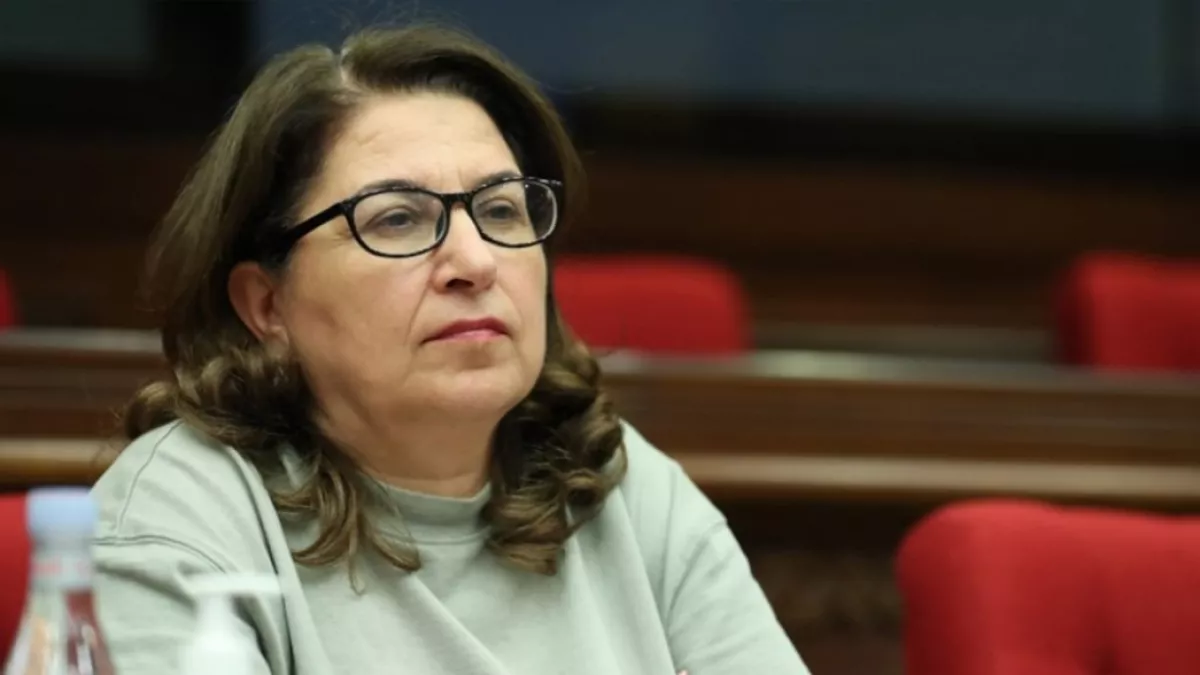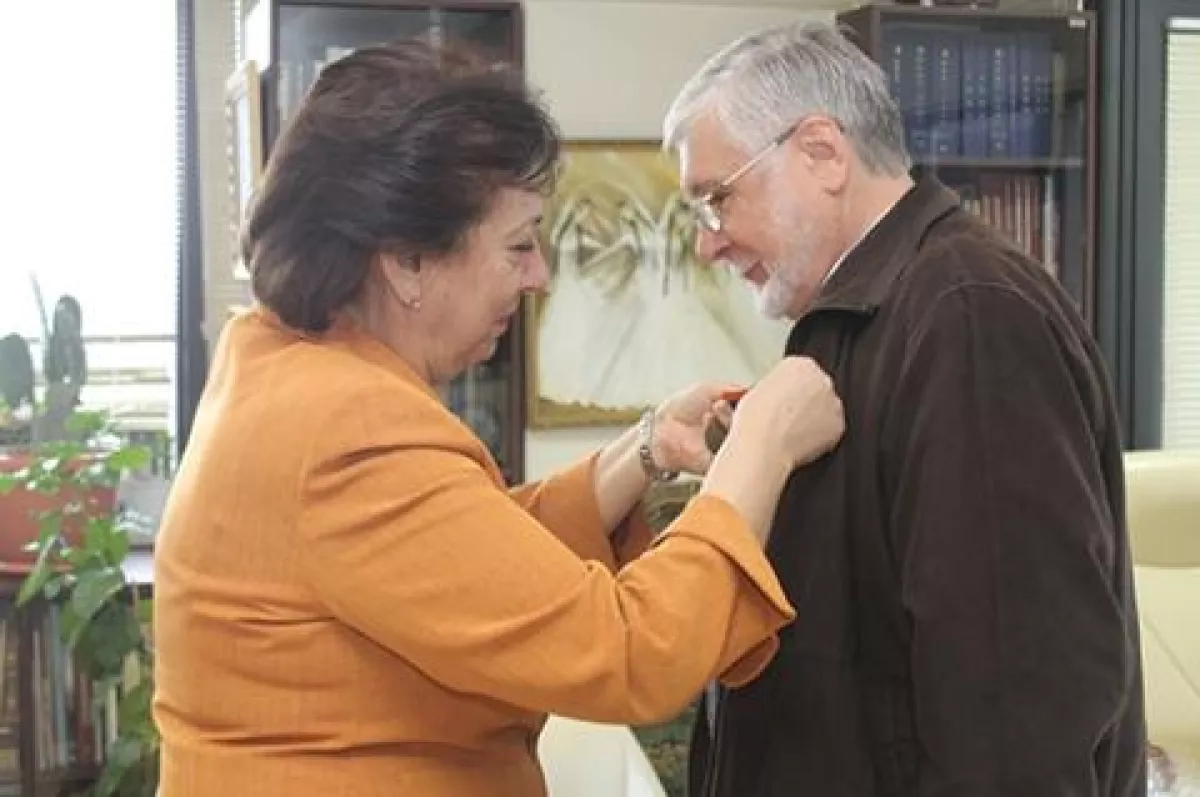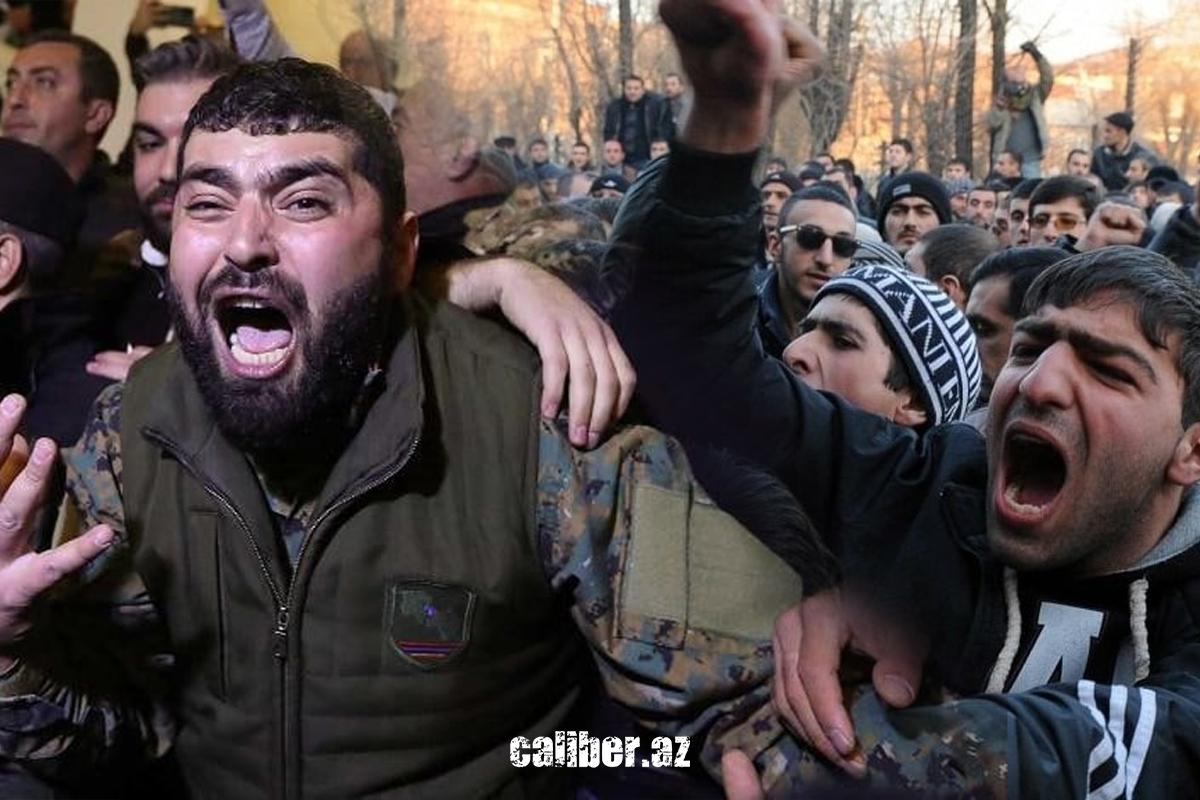The blind spot of Ukraine’s ex-ambassador What Bozhko left unsaid about Armenia
The death of 28-year-old son of Armenian MP Armenuhi Kyureghyan, a member of the “Dashnaktsutyun” party and representative of ex-President Robert Kocharyan’s bloc, caused widespread resonance both in Armenia and beyond. According to media reports, the young man died in Ukraine while fighting on the side of the Russian army; his body was discovered only two months later and brought to Armenia for burial.

On social media, Armenians debate how it came to be that the parliamentarian’s son ended up in the Russian forces. Some condemn him for participating in the war against Ukraine, while others blame his mother, who could have prevented him from taking such a step. However, the real reasons behind the tragedy lie deeper, in the system of political orientations that have been shaped in Armenian society for decades under the influence of pro-Russian forces, including the “Dashnaktsutyun” party.
Former Ukrainian Ambassador to Armenia Oleksandr Bozhko also responded to the case, calling the death of the MP’s son a tragedy and attempting to explain it in the context of the “Dashnaktsutyun” party’s ideological dependence on Moscow. At first glance, the Ukrainian diplomat seems to fairly point to historical facts. However, what stands out in his statement is something else—namely, the omission of the shameful chapters of Armenian history, the crimes against Azerbaijan in which the “Dashnaktsutyun” party and its ideological successors played a key role.
As is well known, history is relentless, and it shows that the “Dashnaktsutyun” party, founded at the end of the 19th century, from its very inception declared the “achievement of economic and political freedom for ‘Turkish Armenia’ through a popular war against the Turkish government,” choosing sabotage and terror as its methods, including attacks on the Muslim population of the Caucasus.
After the proclamation of the First Republic of Armenia (1918–1920), as the ruling party, “Dashnaktsutyun” prioritised territorial claims against Azerbaijan and carried out ethnic cleansings of the Azerbaijani population in Yerevan, Zangezur, and other regions. These facts are recorded in historical documents, including reports by British and American missions.
Moreover, the Dashnaks organised the assassinations of Azerbaijani diplomats and politicians. On June 19, 1920 in Tbilisi, former Prime Minister of the Azerbaijan Democratic Republic Fatali Khan Khoyski was killed, and former ADR Minister of Justice Khalil bey Khasmamedov was seriously wounded; on July 19 of the same year, Deputy Chairman of the Milli Majlis Hasan bey Aghayev was assassinated. A year later, on July 19, 1921 in Istanbul, the Dashnaks killed former ADR Minister of Internal Affairs Behbud Khan Javanshir. All these crimes were carried out by members of the party, whose general policy has long been terror against Turks and Azerbaijanis.
Later, after becoming part of the diaspora, the Dashnaks turned to international terrorism. From the 1970s onward, the ASALA (Armenian Secret Army for the Liberation of Armenia)—a structure closely linked to “Dashnaktsutyun”—carried out a series of terrorist attacks in various European cities, claiming the lives of innocent civilians.

All of the above was “forgotten” by former Ukrainian Ambassador to Armenia Bozhko. He did not mention, not even in passing, that the Dashnaks put their ideology of violence into practice during the now-past Armenian-Azerbaijani conflict. Their activists were at the origins of the separatist movement of the late 1980s, which led to years of confrontation and the occupation of 20% of Azerbaijan’s territory. As a result of Armenian aggression, Aghdam, Fuzuli, Jabrayil, Zangilan, Gubadli, and Kalbajar, along with hundreds of villages, were destroyed, and over a million Azerbaijanis became refugees and internally displaced persons.
The darkest chapter of modern Azerbaijani history is the Khojaly genocide, carried out on the night of February 25–26, 1992, during which 613 people were brutally killed, including 106 women, 63 children, and 70 elderly. Armed units under the control of Dashnak commanders also participated in these monstrous crimes.
Today, the Dashnaks remain among the fiercest opponents of signing a comprehensive peace treaty between Azerbaijan and Armenia. Instead of peace, they advocate a “new struggle,” which in practice means a new war. It is no coincidence that the “Dashnaktsutyun” party allied with the bloc of Armenia’s second president, Robert Kocharyan—a man who once rose to power by exploiting the occupation of Azerbaijani lands. Today, Kocharyan and the Dashnaks act in synchrony: they employ anti-Azerbaijani rhetoric, portray Türkiye as an “eternal enemy,” and call for military revenge.

It also raises considerable interest why the Ukrainian diplomat chose to remain silent about all of this. Why, while condemning Armenians’ participation in the Russian-Ukrainian war, did he not say a word about the long-standing occupation of Azerbaijani lands, which the international community condemned in four UN Security Council resolutions? Why did he “fail to see” that Azerbaijan went through the same ordeal that Ukraine is experiencing today? We believe the answer to these questions can be found in several Armenian media outlets, where Oleksandr Bozhko is presented as a “friend of the Armenian people.”
Azerbaijan managed to restore justice not in words, but in deeds, achieving a brilliant victory in the Patriotic War of autumn 2020 and conducting a lightning-fast one-day operation in September 2023, resulting in the full restoration of the country’s territorial integrity and sovereignty. Through these decisive actions, the Azerbaijani state demonstrated to the entire world that the era of Dashnak ideology has ended, a fact further confirmed by the Washington agreements.
All of this is indisputable truth, regardless of whether Bozhko mentions it or not. However, we believe that other former and current Ukrainian diplomats—such as Ukraine’s ambassador to Azerbaijan, Yuriy Husyev—could very well remind him of this. At the very least, it would prevent any lingering sense of bewilderment in Azerbaijan over Bozhko’s attempts to present himself as a diplomat “blind” to many of Armenia’s crimes against the country.








